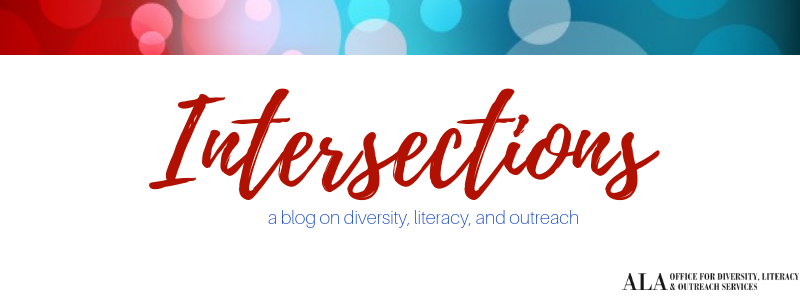
By: Kevin Adams, Information Literacy Librarian, Alfred University Libraries
This summer I was lucky enough to begin working as the Information Literacy Librarian at a small private liberal arts college nestled in a rural village in upstate New York. As I made the move from a city in the Midwest, I was concerned that I would lose the anti-racist energy that I had been personally building through involvement with marches whose size rivaled the entire student population of my new institution.
By happy coincidence, my first day on the job included a librarian faculty meeting where I discovered that my new colleagues had already been working on an Anti-Racism Statement. I was initially skeptical. Throughout the summer I had seen corporations, politicians, and higher education institutions make empty statements without addressing any of the demands of the movement. I was happy to find that the librarians who had been working on the statement were wary of the same problems. The solution: actionable steps to better our libraries in the ongoing effort to be anti-racist.
I immediately volunteered to join the working group that was drafting the statement. With the start of the semester, we have just recently finalized the statement and the actionable steps that we will take. Several questions drove us to dig deep while putting this statement together. This is a non-exhaustive selection of the questions that we endeavored to address:
- How do we express a need to be more anti-racist and tie a statement to a radically impactful moment in history without being exclusionary toward other oppressed populations?
- How do we navigate differing political viewpoints amongst staff and faculty?
- How do we hold ourselves accountable?
While I do not expect that we have all the answers, nor that all of our solutions will prove to be perfect, I am hopeful that by centering these questions we created a document that will inspire social change in our libraries.
On the themes that drove our decisions, I owe full credit to my colleagues. Before I joined the working group, they had established three driving themes for the actionable steps that we would develop: 1) Creating a more inclusive environment 2) Creating more inclusive collections 3) Educating ourselves.
Each of these themes has 2 to 5 action items associated with them. In order to hold ourselves accountable, we commit to the statement to regularly evaluate our progress and to continue building on our commitment to anti-racism. By following these actions, we hope to meaningfully combat white supremacy and racism in the library environment.
Finding and building a progressive, action-minded community usually takes time and effort. There are often false starts and red herrings such as well-intentioned but ultimately superficial discussion groups. I was lucky to find the community I was seeking right off the bat. In part, I owe thanks to the environment in the library that I entered, but also to the radical strength of my coworkers that started the conversation and welcomed me with open arms.
If you are interested in anti-racist action in your library, I would be happy to discuss our statement in more detail. I am by no means an expert, but I believe that meaningful praxis relies on critical reflection and discussion. My email is adamska@alfred.edu.
